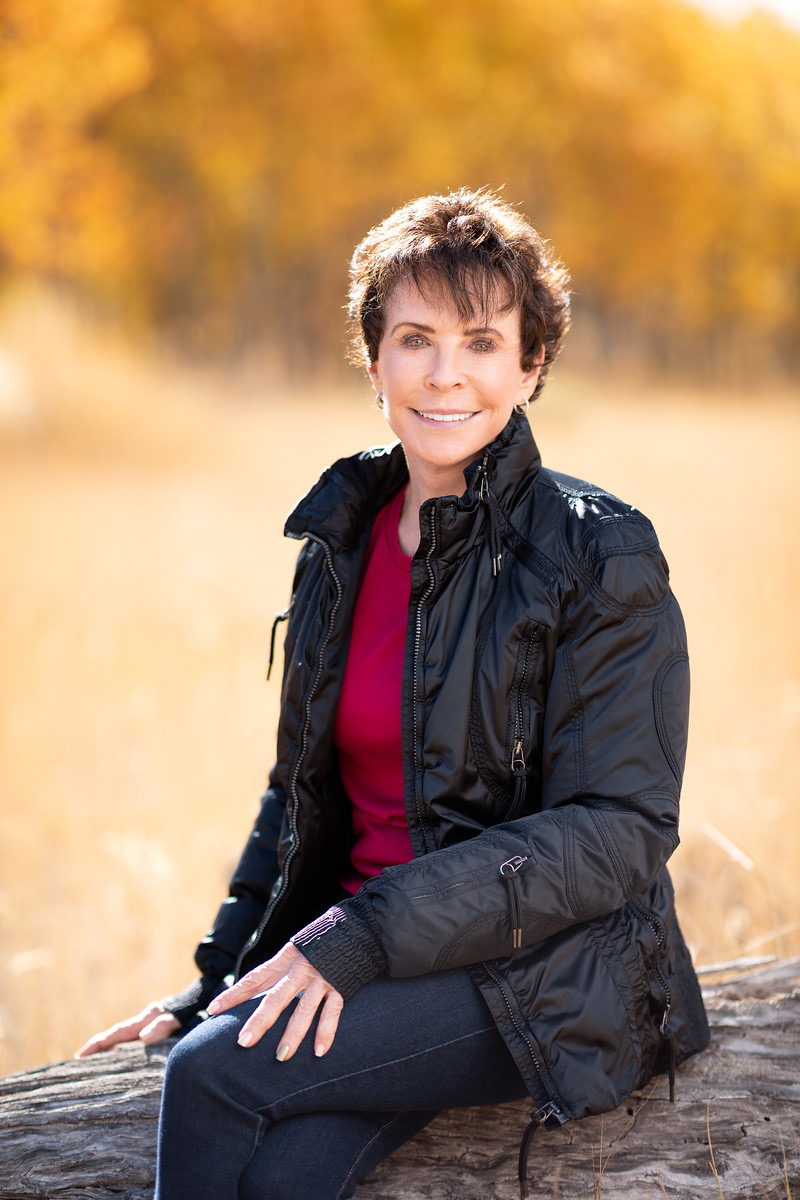Celebrating 15 years of Julie Ann Wrigley’s commitment to sustainability

Since 2004, Julie Ann Wrigley’s impact on Arizona State University and its sustainability education and research endeavors has been profound. But for her, the important thing isn’t what has been done over the past 15 years — it’s what lies ahead.
“I recognize the need to continuously engage to stay ahead of the game,” Wrigley said. “We need to continue to think outside the box. No one is in a position to start getting comfortable with the old — even with the accomplishments of the last 15 years.”
But to illustrate Wrigley’s commitment, we need to rewind. Fifteen years ago, her world collided with ASU President Michael Crow’s. From this meeting of the minds came what’s now known as the Julie Ann Wrigley Global Institute of Sustainability — the hub of sustainability research and solutions at ASU, and the birthplace of the nation’s first comprehensive School of Sustainability.
Julie Ann Wrigley
Through the Julie A. Wrigley Foundation, Wrigley has invested more than $50 million in the university to pursue sustainability topics and solutions. Without these contributions, ASU would not have been able to become a global leader in sustainability to the extent it is today. The institute is home to hundreds of experts forging paths to a more resilient, more harmonious, more equitable future, and it’s training the next generation of leaders passionate about making positive impacts on complex environmental and human systems.
And Wrigley’s investment goes much further than the financial commitment.
“When President Crow and I started working together, we both recognized that my commitment was about not only an investment of dollars but, more importantly, an investment of time and passion,” Wrigley said. “I encourage others to also dedicate their time and experiences, so we can all work together to create a thriving world.”
Wrigley could’ve invested her resources and time anywhere — but it was ASU that truly spoke to her beliefs and ambitions. She specifically cites the university’s drive to lead the world, in both research and education, on engaging with serious global challenges.
“It was the first place that I found in my lifelong search that was willing to tear apart old educational models and commit to dealing with real-world issues,” Wrigley said.
Since she was a child, noticing abalone grow scarce on the beach she grew up on, and watching smog diminish the view of a nearby island, Wrigley has been committed to protecting the environment. Collaborating with ASU is one way she’s fulfilling that personal pledge.
Wrigley thanks all of the constituencies of ASU, “including and especially all of the wonderful people who work at the university who have made the ASU Wrigley Institute possible.” She’s grateful that ASU’s students, staff, faculty and administration at the highest levels have embraced sustainability as a value system campuswide.
Specifically, Wrigley said it has been her “pleasure and honor” to work with Gary Dirks, who directed the ASU Wrigley Institute for seven years. Now, Dirks is the senior director of the Global Futures Laboratory and LightWorks, two related ASU initiatives. “I am a better person and the world is a better place because of his amazing talents,” Wrigley said.
Though the ASU Wrigley Institute has helped to embed sustainability into ASU’s DNA, there is still much work to do. But major, recently established initiatives such as the Global Futures Laboratory and the Swette Center for Sustainable Food Systems are bringing forward new ways of thinking about and collaborating around long-standing problems that affect everyone on Earth.
The university is abuzz with the energy of change and the fight for a better tomorrow. Julie Ann Wrigley stands at the forefront, alongside ASU’s faculty, students and researchers, ready to forge on.
Celebrate 15 years of GIOS
What: A free, public celebration to honor the institute's achievements and envision our collective future. Remarks by Michael Crow and Peter Schlosser, followed by a conversation with Kristin Mayes and Bryan Brayboy. Special message by Johan Rockström, co-chair of the Earth League.
When: Monday, Feb. 17. Reception is at 4 p.m.; remarks and panel discussion from 5-6 p.m.
Where: Marston Exploration Theater in ISTB IV, Tempe campus.
Details: RSVP on the event page.
Learn more about the GIOS journey
More Environment and sustainability

2 ASU faculty elected as AAAS Fellows
Two outstanding Arizona State University faculty spanning the physical sciences, psychological sciences and science policy have been named Fellows of the American Association for the Advancement of…

Homes for songbirds: Protecting Lucy’s warblers in the urban desert
Each spring, tiny Lucy’s warblers, with their soft gray plumage and rusty crown, return to the Arizona desert, flitting through the mesquite branches in search of safe places to nest.But as urban…

Public education project brings new water recycling process to life
A new virtual reality project developed by an interdisciplinary team at Arizona State University has earned the 2025 WateReuse Award for Excellence in Outreach and Education. The national …


